Before You Sell: The 2 Key Facts Every Homeowner Needs
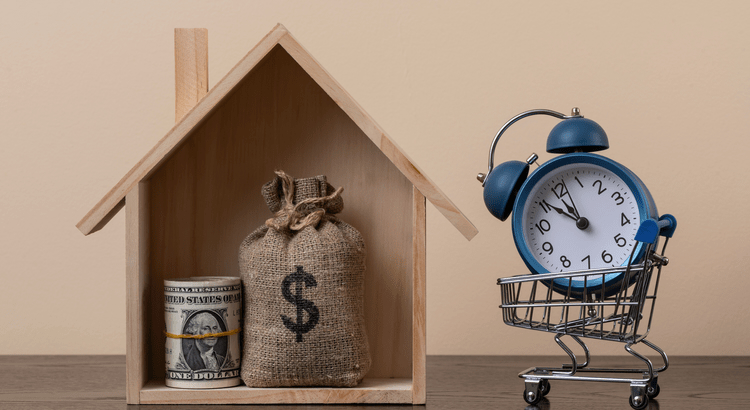
Before you put your home on the market, there’s something you should know: the sellers who succeed right now aren’t the ones sitting on the sidelines. They’re the ones who adapt early.
Plenty of homeowners this year walked away disappointed — not because the market failed them, but because their expectations didn’t match reality.
Realtor.com reports 57% more homes were pulled off the market compared to last year — meaning they listed but never sold. And the truth is, most of those situations came down to two things: price and timing.
With the right mindset around both, many of those outcomes would’ve been very different. Here are the top two lessons you can take from their experience.
1. Start With the Right Price on Day One
The biggest hurdle for most sellers is the list price. Right now, 8 out of 10 homeowners believe they’ll hit—or even beat—their asking price. But that optimism doesn’t always match what’s happening in the market.
Redfin shows that only about 1 in 4 sellers (25.3%) are actually selling above their list price.
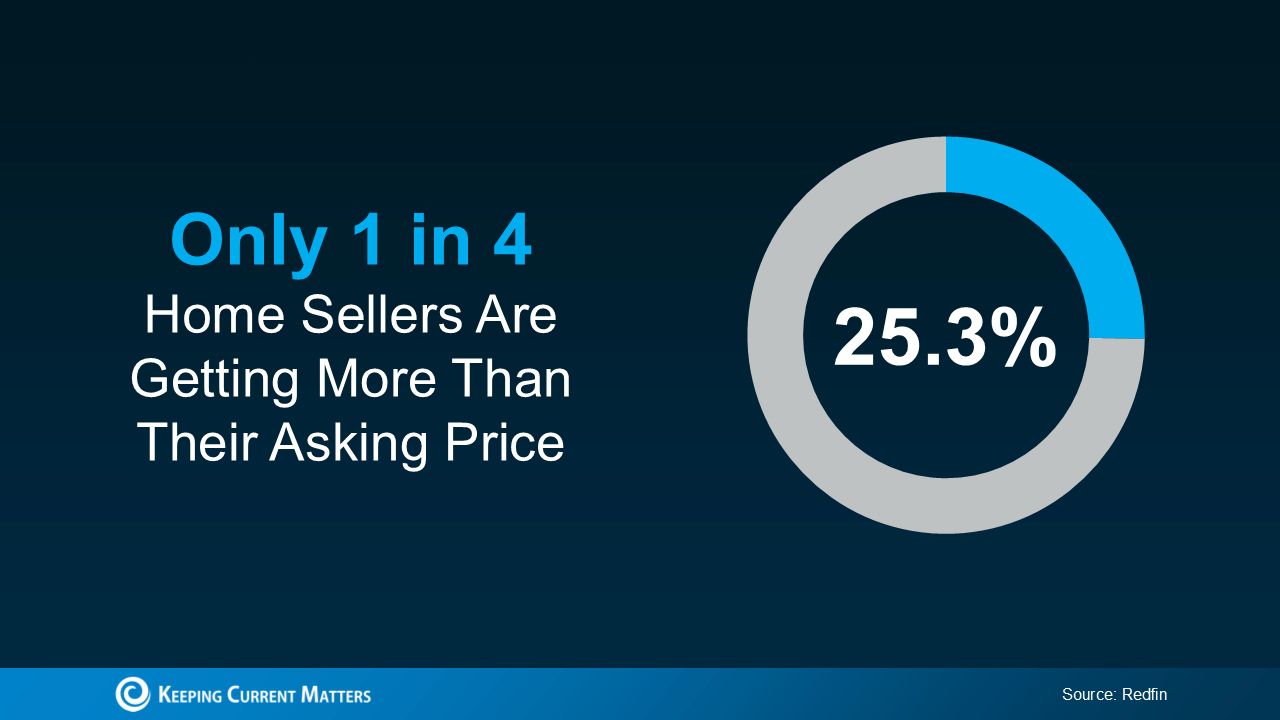
And that gap comes from one thing: expectations stuck in the past.
A few years ago, you could put almost any number on a home and buyers would swarm. Even overpriced listings often sold above asking. But the market has shifted — and those days are gone.
Buyers now have more choices than they’ve seen in years, which means they’re pickier. If your price is even slightly off, they’ll scroll right past it.
And that’s what happened to many sellers this year — instead of making a small adjustment that could’ve changed the entire outcome, they pulled their homes off the market. It’s unfortunate, because in most cases, a modest price correction is all it takes to spark activity and get the sale moving again.
HousingWire reports that the typical price reduction today is only about 4%.
Think about that for a second. Some sellers are pricing too high and walking away instead of making a simple 4% adjustment. If they had just started 4% lower, many of them would’ve already closed. Before you list, sit down with your agent and look at what’s actually working in your neighborhood. They’ll help you land on a price that’s competitive, realistic, and still protects your bottom line.
And here’s the part most people miss: if you’ve owned your home for a while, your equity gives you the flexibility to price strategically and still walk away with a strong profit. Those sellers who pulled their listings never took that into account.
2. Don’t Rush the Process
Another mistake sellers make is assuming their home will be gone in a weekend. Many remember the days when listings vanished in hours — and expect the same now.
But that’s not how most markets are behaving anymore. Today, it typically takes around 60 days from listing to closing, which is completely normal (as the gray section in the chart shows).
Many sellers right now remember when homes sold in as little as hours – and they expect that to happen today. But in most markets, that’s not the reality anymore.
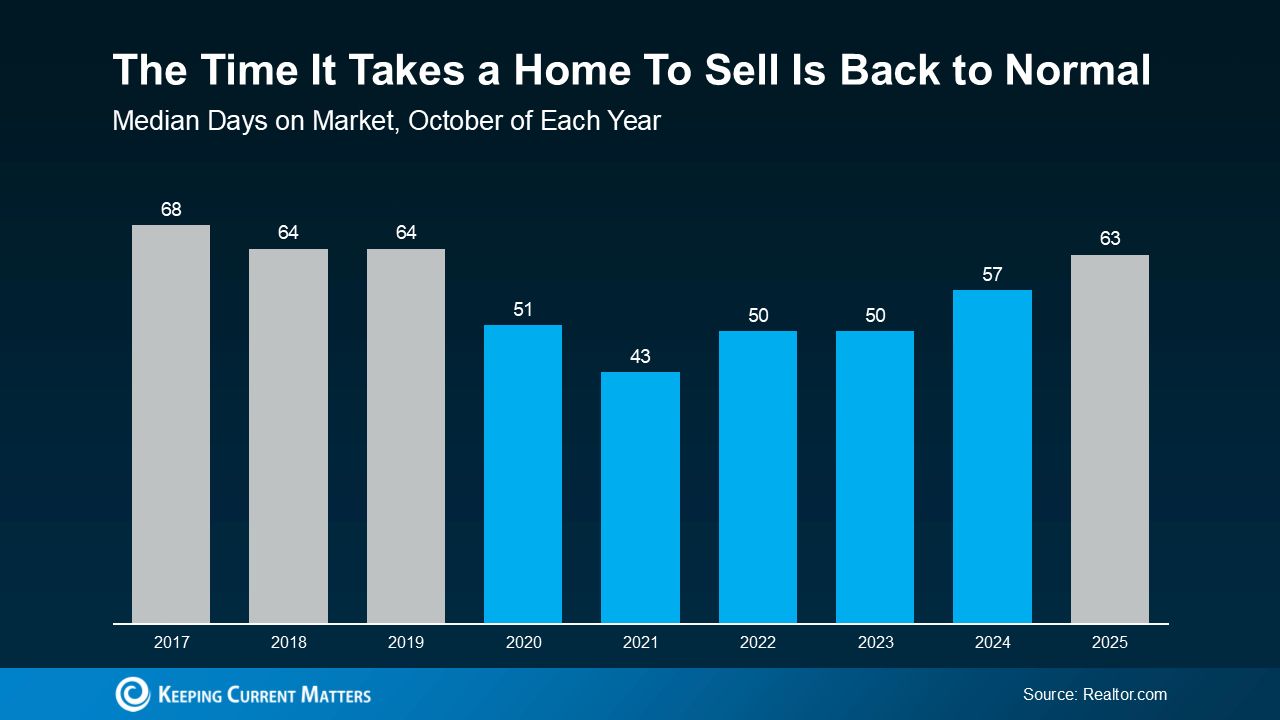
It only feels slow because everyone’s comparing today’s pace to the lightning-quick market of 2020 and 2021.
It’s like cruising at 65 mph on the highway and then dropping to 25 on a side road — it feels painfully slow, even though it’s exactly the right speed for the conditions. That’s the part many sellers struggle with, but you don’t have to. Knowing what’s normal sets you up to stay confident and ahead of the curve.
Buyers today are more deliberate. They’re comparing options, taking their time, and making thoughtful moves — and honestly, that’s creating a healthier, more balanced market.
So if you’re getting ready to sell, don’t expect it to happen overnight. And don’t panic if you don’t get an offer the first weekend. That’s completely normal right now.
If you want to speed things up, work with your agent on what will make your home stand out — whether that’s staging, strong photography, or strategic pricing. With the right prep and guidance, your home can still move quickly.
Bottom Line
If you’re thinking about selling, don’t let the current market intimidate you — let it inform your strategy. The listings that stalled this year weren’t destined to fail; they simply launched with the wrong approach and never adjusted.
You can absolutely succeed by starting with the right price, giving the process the time it naturally requires, and partnering with a local agent who understands how to position your home for maximum traction from day one.
Because in today’s market, winning isn’t about sitting back and hoping conditions shift in your favor. It’s about stepping in with clear expectations, smart preparation, and a strategy built for the reality of how buyers behave right now.
{ "@context": "https://schema.org", "@type": "FAQPage", "mainEntity": [ { "@type": "Question", "name": "Why are so many homes listing but not selling right now?", "acceptedAnswer": { "@type": "Answer", "text": "A large share of recent listings failed mainly because expectations did not match the current market. Many owners overestimated price, speed, or both, then quit instead of adjusting. In a lot of cases, those homes could have sold with a small price correction and a bit more time on the market." } }, { "@type": "Question", "name": "What are the two key facts every seller needs before listing?", "acceptedAnswer": { "@type": "Answer", "text": "First, your list price needs to be grounded in today's market data, not yesterday's headlines. Second, a 45–60 day path from listing to closing is normal in many markets now, so success looks more like a steady marathon than a sprint." } }, { "@type": "Question", "name": "Why is starting with the right list price so critical?", "acceptedAnswer": { "@type": "Answer", "text": "Most buyers now have more options and quickly move on from anything that feels even slightly overpriced, especially online. When that happens, your home sits, goes stale, and often ends up needing bigger reductions later than if it had been priced competitively from day one." } }, { "@type": "Question", "name": "What is causing the gap between what sellers expect and what they actually get?", "acceptedAnswer": { "@type": "Answer", "text": "Many owners are still thinking in terms of the peak pandemic market, when even aggressive prices could draw multiple offers. Today's buyers are more selective, and the share of properties selling above asking is much smaller than the number of sellers who expect to beat their list price." } }, { "@type": "Question", "name": "How big are typical price reductions for homes that need an adjustment?", "acceptedAnswer": { "@type": "Answer", "text": "The average reduction for a price-cut listing is often just a few percentage points, yet some sellers choose to withdraw instead of making that modest change. In many cases, simply starting around that lower level from day one would likely have led to a smoother sale." } }, { "@type": "Question", "name": "How does my equity help me price strategically?", "acceptedAnswer": { "@type": "Answer", "text": "If you have owned your home for several years, rising values and paid-down principal usually mean you have a strong equity cushion. That cushion allows you to price in line with the market, remain competitive, and still walk away with a substantial net gain at closing." } }, { "@type": "Question", "name": "How long should I realistically expect my sale to take from listing to closing?", "acceptedAnswer": { "@type": "Answer", "text": "In many areas, roughly two months from listing to closing is typical now, assuming your home is well priced and properly marketed. That timeline usually includes showings, negotiations, inspections, appraisal, and the buyer's loan process." } }, { "@type": "Question", "name": "Why does today's normal market feel slow to so many sellers?", "acceptedAnswer": { "@type": "Answer", "text": "Many people are comparing today to 2020–2021, when homes sometimes sold in hours or over a single weekend. When you shift from that pace back to a more balanced market, it can feel slow, even though the current timeline is perfectly healthy." } }, { "@type": "Question", "name": "Does a quiet first weekend mean my home is overpriced or in trouble?", "acceptedAnswer": { "@type": "Answer", "text": "Not necessarily. A lack of immediate offers is common now, and a normal sale can still involve several weeks of showings and feedback before the right buyer steps forward, especially at higher price points." } }, { "@type": "Question", "name": "What should I do before listing to give myself the best chance of success?", "acceptedAnswer": { "@type": "Answer", "text": "Sit down with a local agent to review recent neighborhood sales, current competition, and realistic pricing bands, then choose a list price that positions your home as one of the best values in its range. Combine that with strong photos, thoughtful staging, and a clear launch plan to maximize early attention." } }, { "@type": "Question", "name": "If my home is not getting traction, what should I adjust first, price or presentation?", "acceptedAnswer": { "@type": "Answer", "text": "Start by reviewing feedback and analytics with your agent. If buyers are showing up but not offering, condition or presentation may be the issue. If showings are very light, price is usually the first lever. Often a small, strategic price adjustment paired with improved photos or staging is enough to restart activity." } }, { "@type": "Question", "name": "How does working with a local expert actually change my result?", "acceptedAnswer": { "@type": "Answer", "text": "A local agent who studies your micro-market can price with precision, anticipate buyer expectations, and tailor marketing so your home stands out instead of blending in. That combination reduces your risk of overpricing, undershooting demand, or pulling the plug too early on a sale that simply needed a better strategy." } } ] }
Categories
Recent Posts
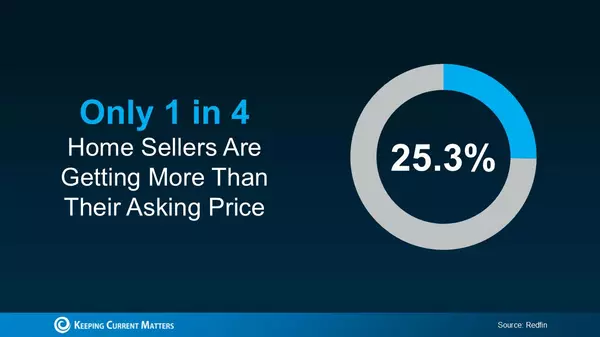
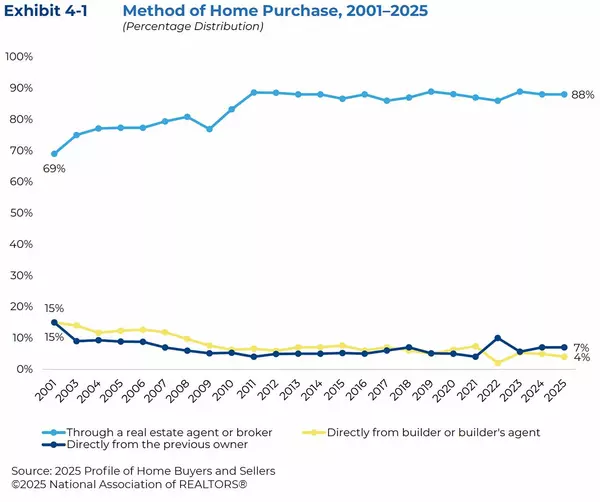
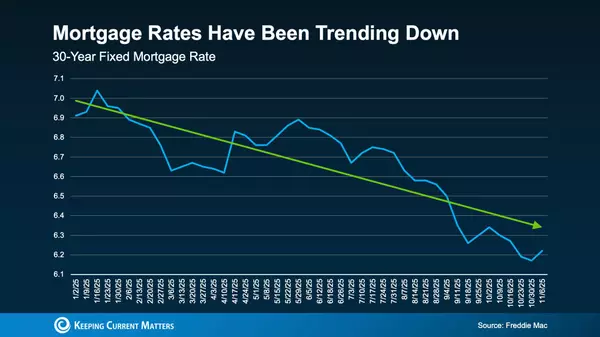
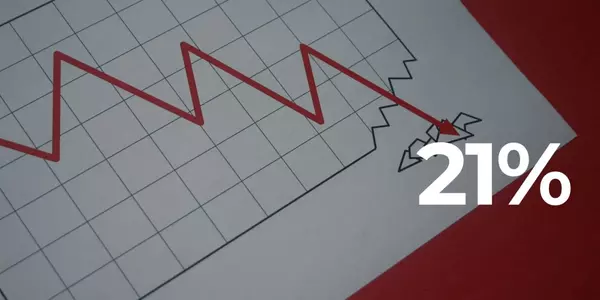
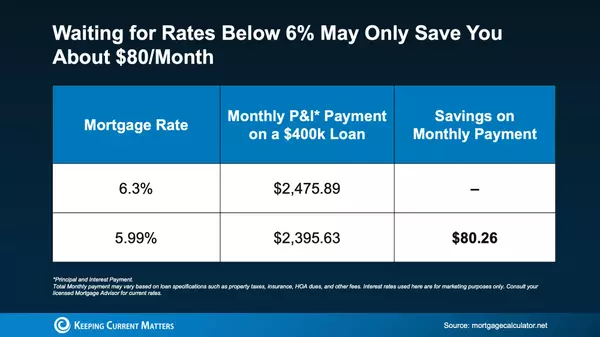
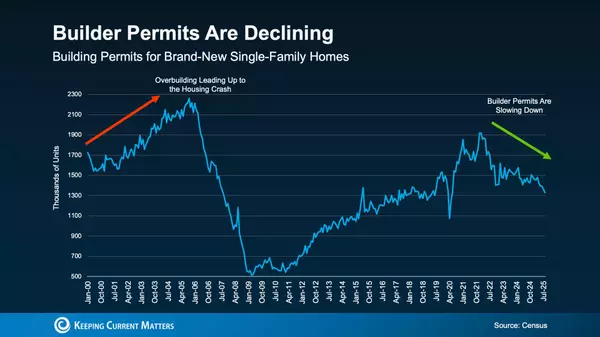
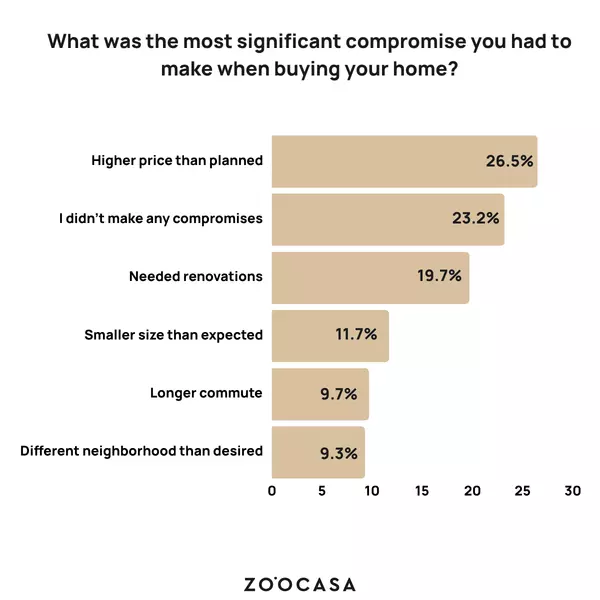
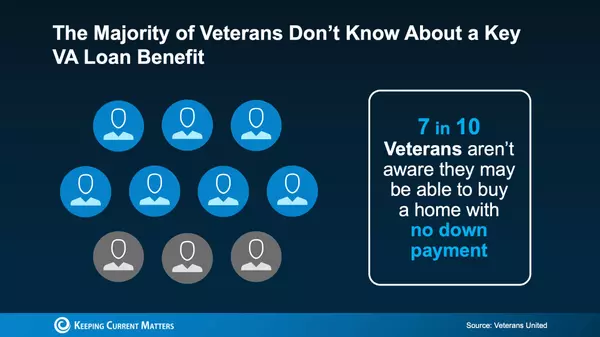
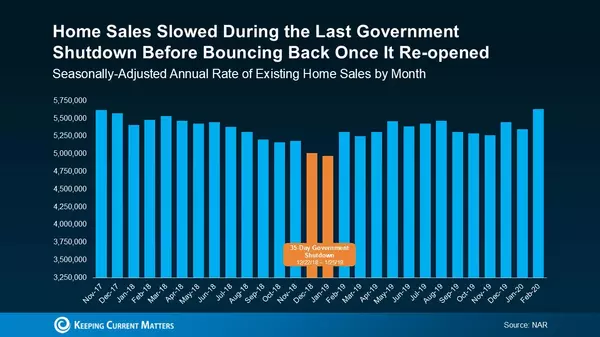
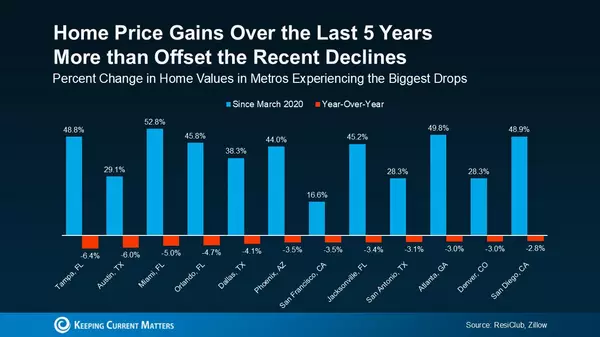
GET MORE INFORMATION


